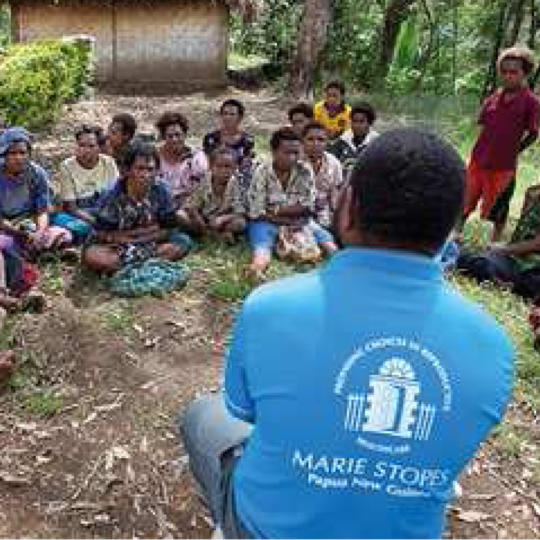Marie Stopes International grew its income by 22 per cent to £211.9m in 2013, according to its latest annual report.
The sexual health and family planning charity, which works in 41 countries globally and describes its mission as “children by choice, not chance”, has been expanding its work overseas as part of a five-year strategic plan.
Marie Stopes estimates that its services saved more than twice the number of women’s lives last year compared to 2009; in 2013, 14,300 maternal deaths were prevented, along with 6.2 million unintended pregnancies and 2.8 million unsafe abortions.
According to the charity’s annual report for the year to December 2013, Marie Stopes saw its income grow by £38.5m to £211.9m.
The increase was mainly down to 33 per cent growth in grants to £97.3m. The UK’s Department for International Development, the US Agency for International Development and the Bill and Melinda Gates Foundation all increased their grants to Marie Stopes last year.
Income from delivering sexual reproductive healthcare services in clinic and through social marketing activities services increased by £8.7m to £94.6m.
Voluntary income decreased by £3.4m to £9.5m, which the charity said reflected lower donations of stock and services.
The highest-paid employee earned £260,000-£270,000, a decrease on the previous year when the highest earner received £290,000-£300,000.
Simon Cooke, who joined the charity as chief executive in November last year, said in his statement in the report: “Our mission is to enable women and girls to have children by choice and not chance. Our expansion of contraceptive, safe abortion and comprehensive post-abortion care services has helped drive us towards this mission.
“These services, and their sustainable long term growth, will continue to be our focus in the coming years. We believe that providing women and girls with a full choice of methods, ensuing quality services, and doing everything we can to reach the most excluded groups is critical if we are to protect and promote sexual and reproductive rights.”









